Books look as if they contain knowledge, while e-readers look as if they contain information
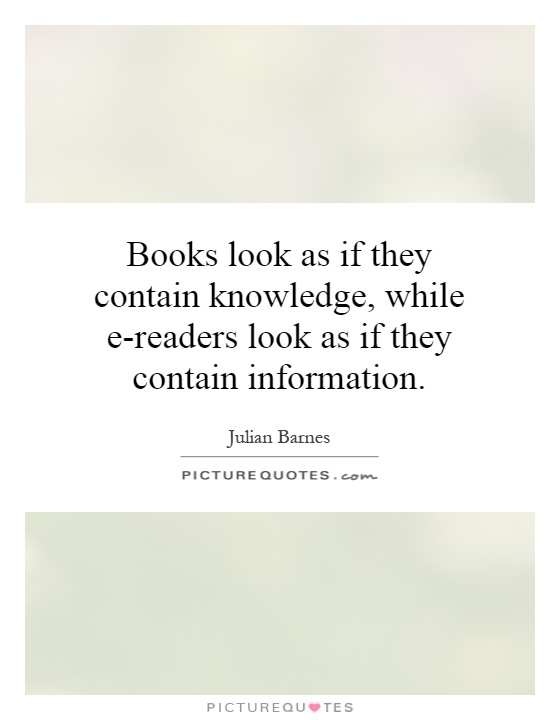
Books look as if they contain knowledge, while e-readers look as if they contain information
Julian Barnes, the renowned British author, is known for his thought-provoking and introspective novels that often explore themes of memory, identity, and the nature of storytelling. In his works, Barnes frequently delves into the relationship between knowledge and information, and how they are presented and perceived in different forms.The statement "Books look as if they contain knowledge, while e-readers look as if they contain information" encapsulates a key aspect of Barnes' writing philosophy. For Barnes, books are not just vessels for information, but repositories of knowledge that hold the power to transform and enlighten the reader. The physical presence of a book, with its weight, texture, and smell, conveys a sense of depth and substance that is often lacking in the digital realm of e-readers.
In Barnes' novel "The Sense of an Ending," the protagonist, Tony Webster, grapples with the fallibility of memory and the elusive nature of truth. Through Tony's journey of self-discovery, Barnes explores the idea that knowledge is not just a collection of facts and data, but a complex and nuanced understanding of the world and our place in it. In this context, books serve as a gateway to deeper insights and profound truths that cannot be easily accessed through the superficiality of e-readers.
Barnes himself has expressed a preference for traditional books over e-readers, citing the tactile experience of reading a physical book as essential to the enjoyment and appreciation of literature. In an interview, Barnes remarked that "books are not just about information, they are about knowledge, wisdom, and understanding." This sentiment underscores the idea that books are more than just repositories of data; they are conduits of wisdom and insight that enrich the mind and nourish the soul.
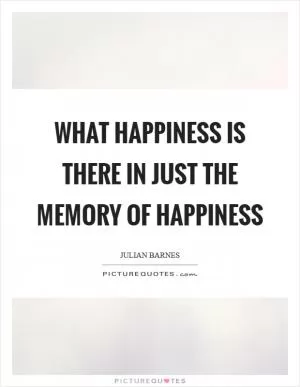


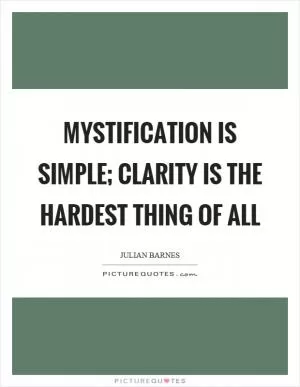
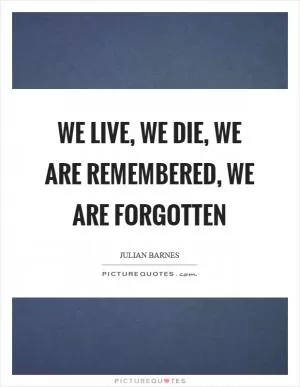

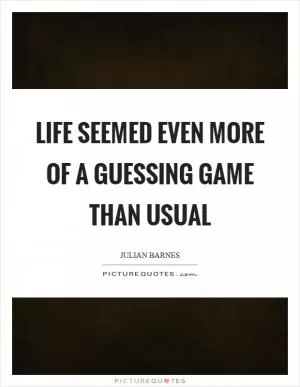

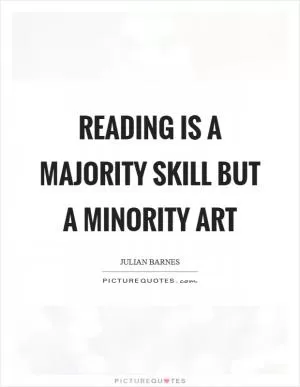



 Friendship Quotes
Friendship Quotes Love Quotes
Love Quotes Life Quotes
Life Quotes Funny Quotes
Funny Quotes Motivational Quotes
Motivational Quotes Inspirational Quotes
Inspirational Quotes